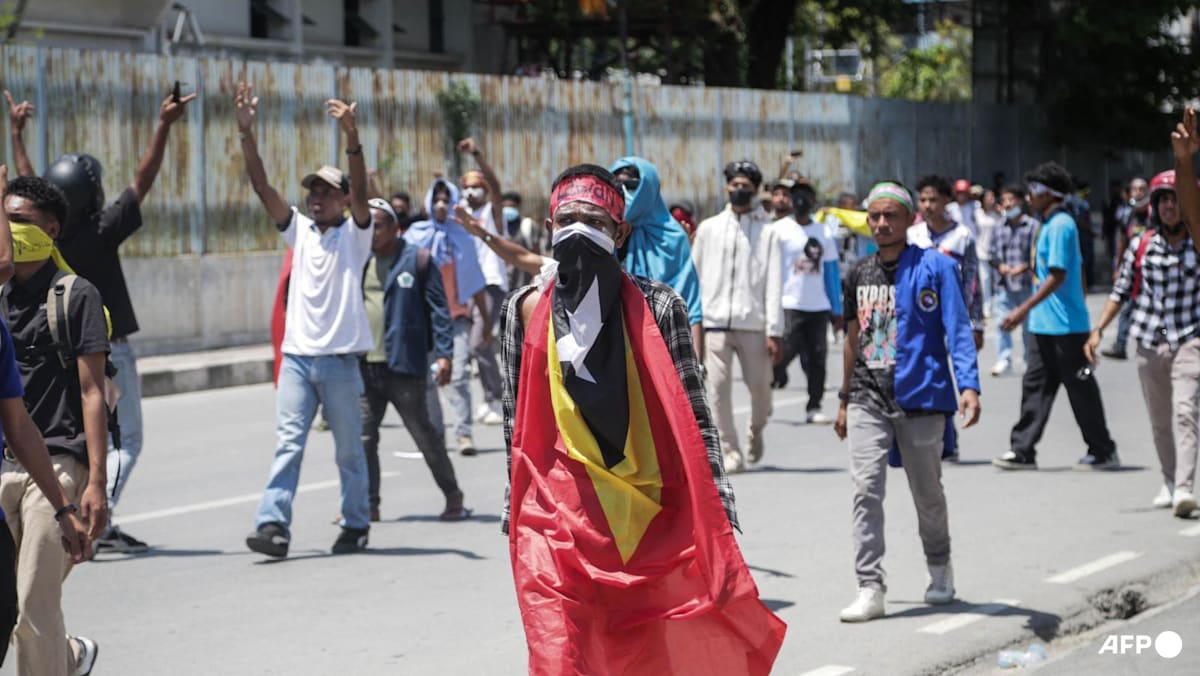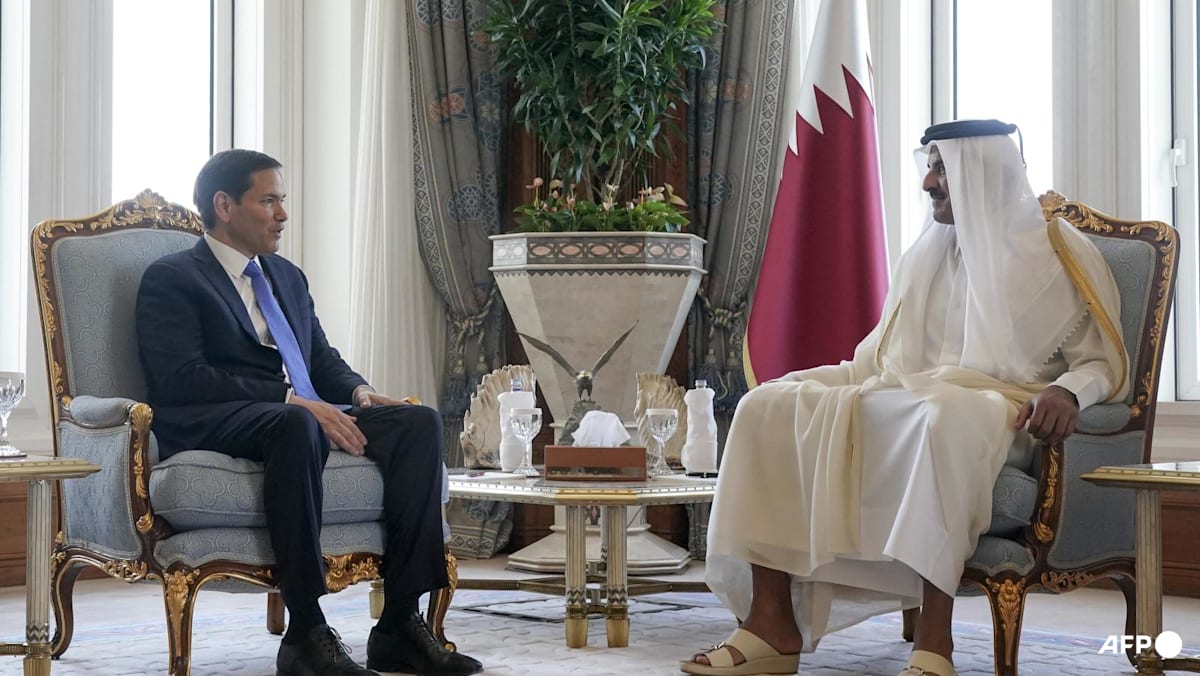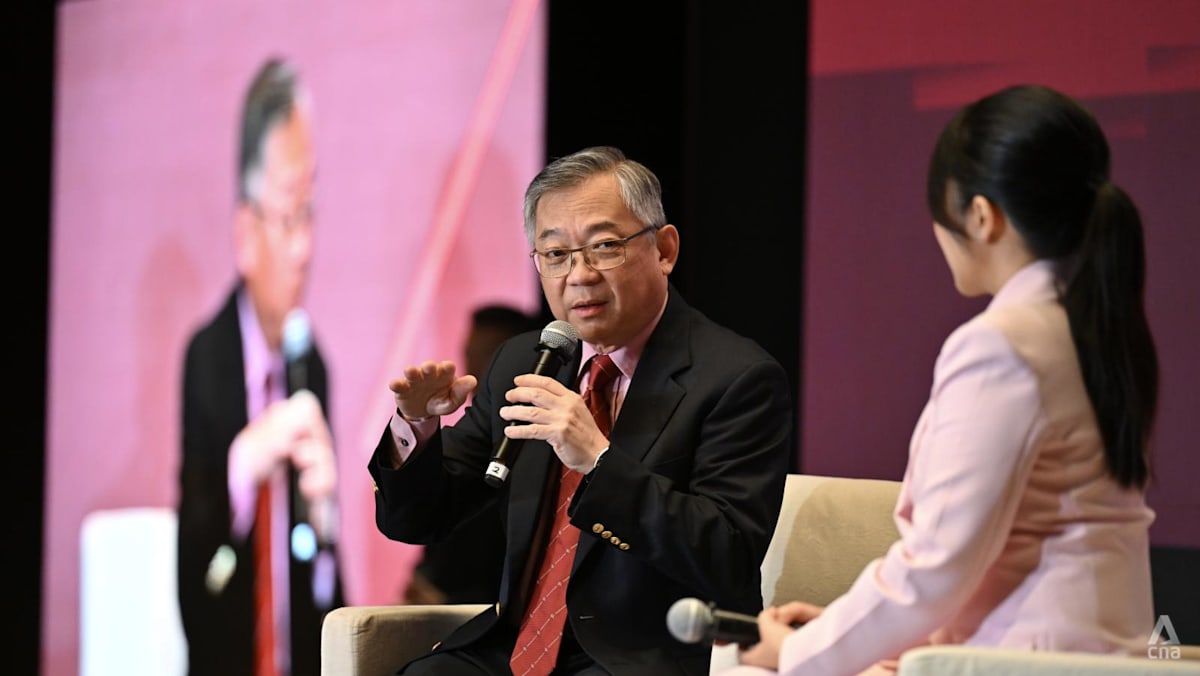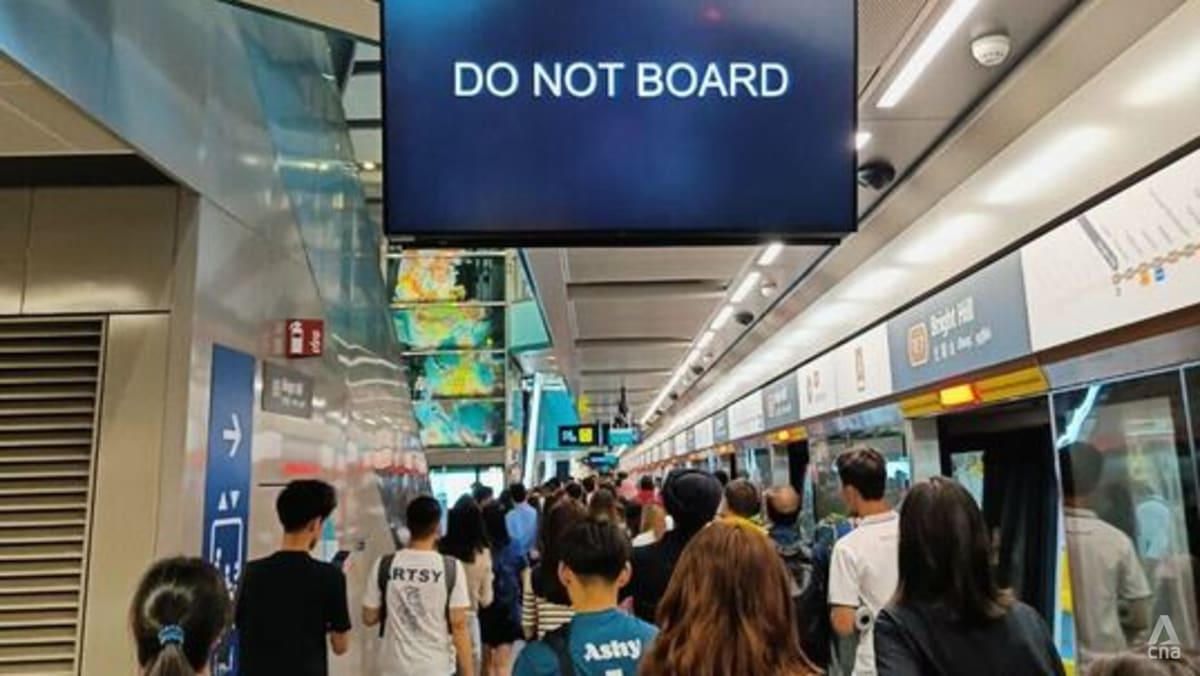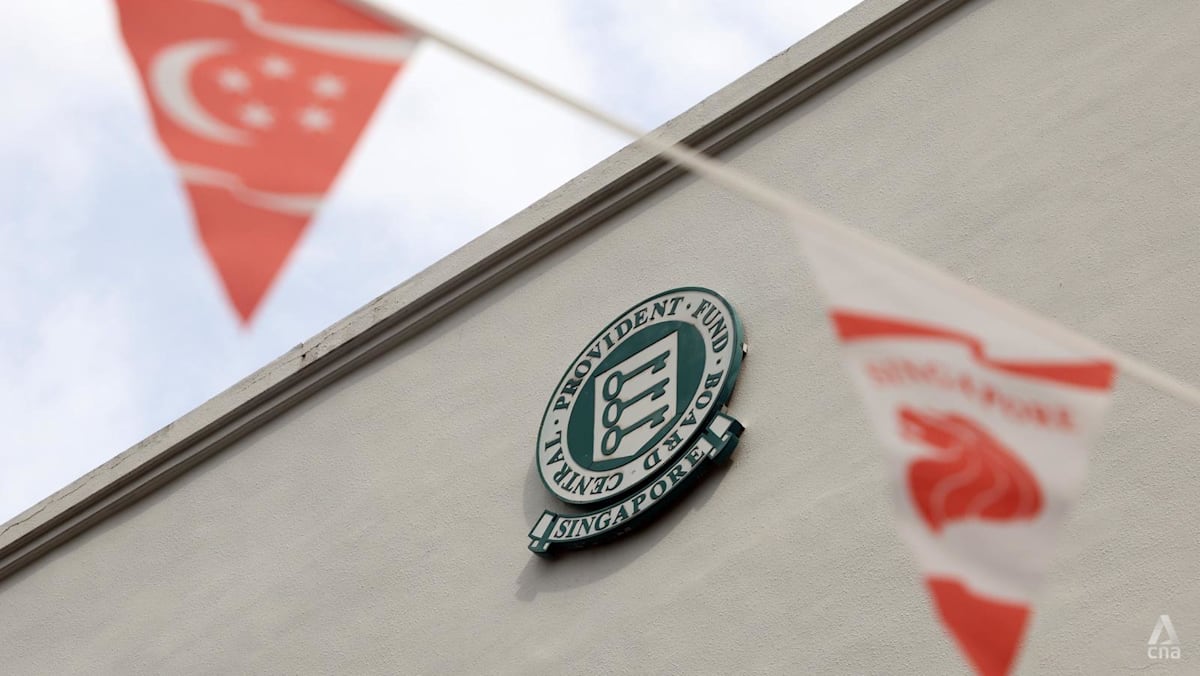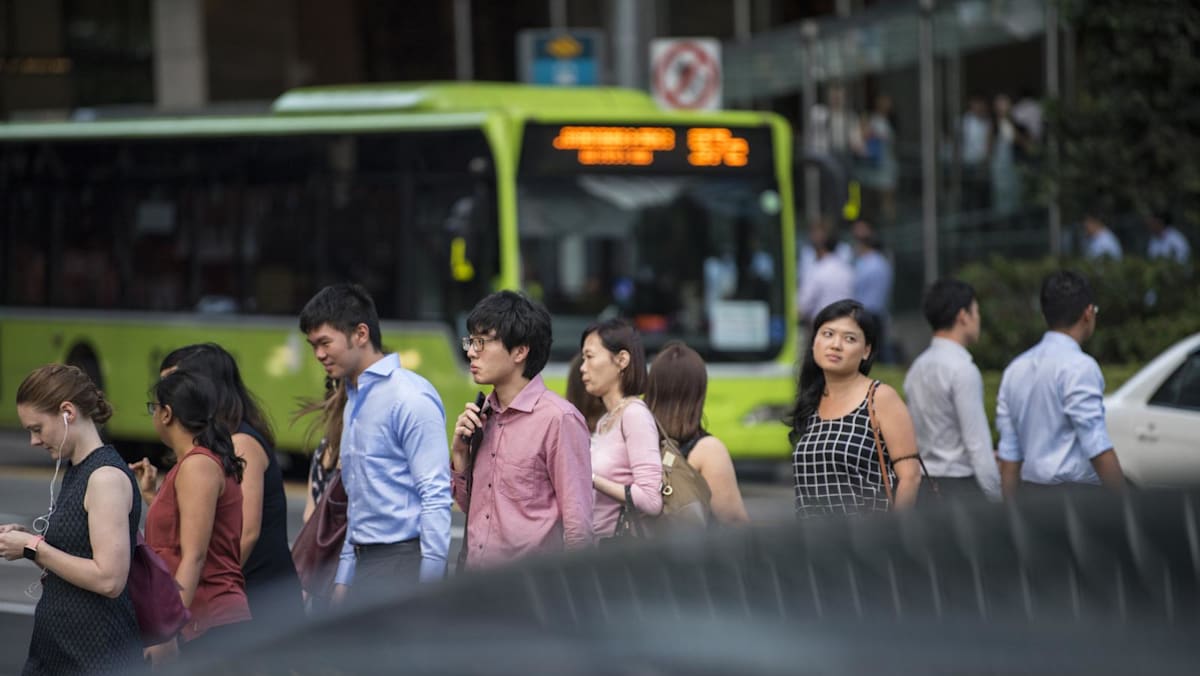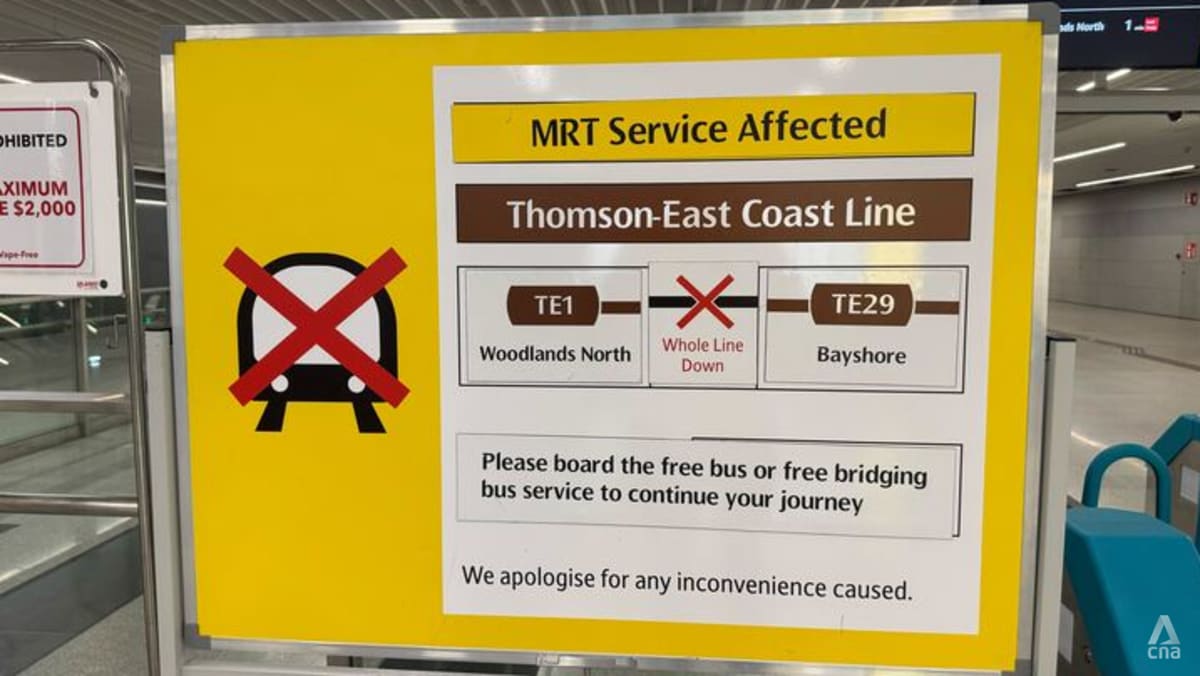However, pushing other agreements – such as ASEAN’s Digital Economy Framework Agreement – past the finish line has also been challenging, with member states at different stages of digital readiness, he said.
The deal aims to improve rules in areas such as digital trade facilitation, payments, standards and data, and address emerging issues like artificial intelligence.
The plan, therefore, is to reach a “variable geometry agreement”, said Mr Gan. That means while all members will agree to a baseline agreement, the more advanced countries can be a part of an “advanced tier”. The others can join in when they are ready, as long as they meet the requirements.
“That’s why it’s taking longer than expected to negotiate, because it is new architecture that we are experimenting (with) … we are not familiar with it, and many countries are not familiar with it, and we need to persuade them, to bring them along, to nudge them along,” said Mr Gan.
His comments came the day after Singapore and 13 other countries announced the establishment of the Future of Investment and Trade Partnership, which aims to support open and fair trade even as global markets are increasingly fragmented.
Prime Minister Lawrence Wong said in June that countries should promote integration, break down barriers and strengthen multilateralism in response to weakening global norms.
The US announced a baseline tariff of 10 per cent on goods entering the country in April, and so-called reciprocal tariffs on certain countries.
The reciprocal tariffs were later suspended for 90 days, before some countries received letters announcing that tariffs would kick in on Aug 1. India and the US are still holding trade talks.
COMPANIES SCALE AND EXPAND OVERSEAS
As part of Wednesday’s event, trade promotion agency EnterpriseSG also gave an update on the impact of its Scale-Up programme, which was announced at Budget 2019 and launched later that year.
The programme aims to help accelerate the growth of high-potential companies.
The first seven cohorts of participants reported S$2.5 billion more revenue – an increase of 37 per cent – within three years of joining the programme.
The 80 companies in those cohorts also saw a 53 per cent increase in overseas revenue in the same time period, amounting to S$1 billion. 70 per cent of the companies entered new markets, including Indonesia, the Philippines and Thailand.
More than 800 jobs were created in these companies over three years.
Businesses that have participated in Scale-Up come from various sectors, including services, manufacturing, trade and connectivity. Over 100 companies have participated in the programme.
“While we celebrate the journey thus far, our work for Scale-Up is never done. Our mission remains crystal clear, that we want to nurture Singapore global enterprises that will drive economic growth and create quality jobs for Singaporeans,” said Ms Cindy Khoo, managing director of EnterpriseSG.
“It’s only been six years. We have quite a long way to go,” she said.
Speaking to CNA, Mr Eric Leong, chairman and CEO of Mlion Corporation, said his company joined Scale-Up in 2022 when it felt like the business was plateauing.
“We were doing … US$60 million, US$70 million in terms of revenue, and we were finding it a little bit difficult to break through that barrier,” he said.
The company also wanted to launch a few innovations but was not sure how to do so, as these were outside its core business.

